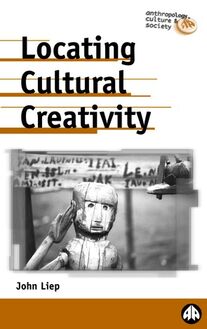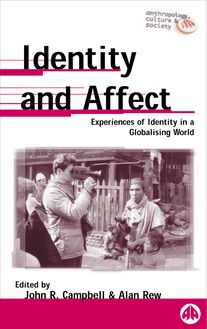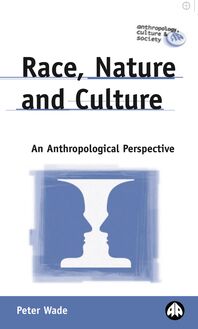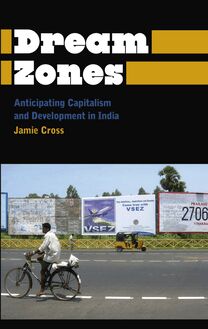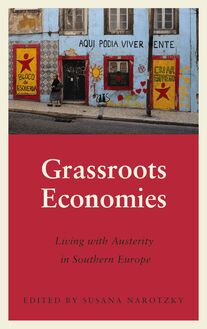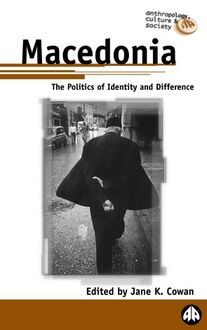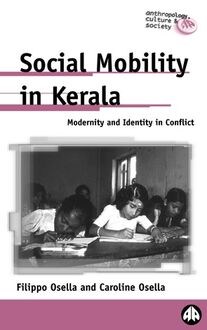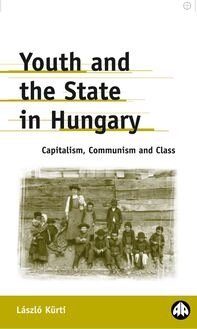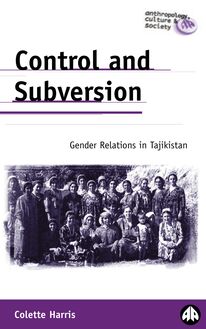Being There , livre ebook
174
pages
English
Ebooks
1999
Obtenez un accès à la bibliothèque pour le consulter en ligne En savoir plus
Découvre YouScribe en t'inscrivant gratuitement
Découvre YouScribe en t'inscrivant gratuitement
174
pages
English
Ebooks
1999
Obtenez un accès à la bibliothèque pour le consulter en ligne En savoir plus
Publié par
Date de parution
20 janvier 1999
Nombre de lectures
3
EAN13
9781849640480
Langue
English
Introduction
1. Fictions of Fieldwork: Depicting the ‘Self’ in Ethnographic Writing (Italy) by Cris Shore (Goldsmiths College, London)
2. Location and Relocation: Home, ‘The Field’ and Anthropological Ethics (Sylhet, Bangladesh) by Katy Gardner (University of Sussex)
3. On Ethnographic Experience: Formative and Informative (Nias, Indonesia) by Andrew Beatty (Wolfson College, Oxford)
4. Learning to be Friends: Participant Observation amongst English School children (the North of England) by Allison James (University of Hull)
5. The End in the Beginning: New Year at Rizong (The Himalayas)by Anna Grimshaw (University of Manchester)
6. A Diminishment: a Death in the Field (Kerinci, Indonesia) by C.W. Watson
List of contributors
Index
Publié par
Date de parution
20 janvier 1999
Nombre de lectures
3
EAN13
9781849640480
Langue
English
